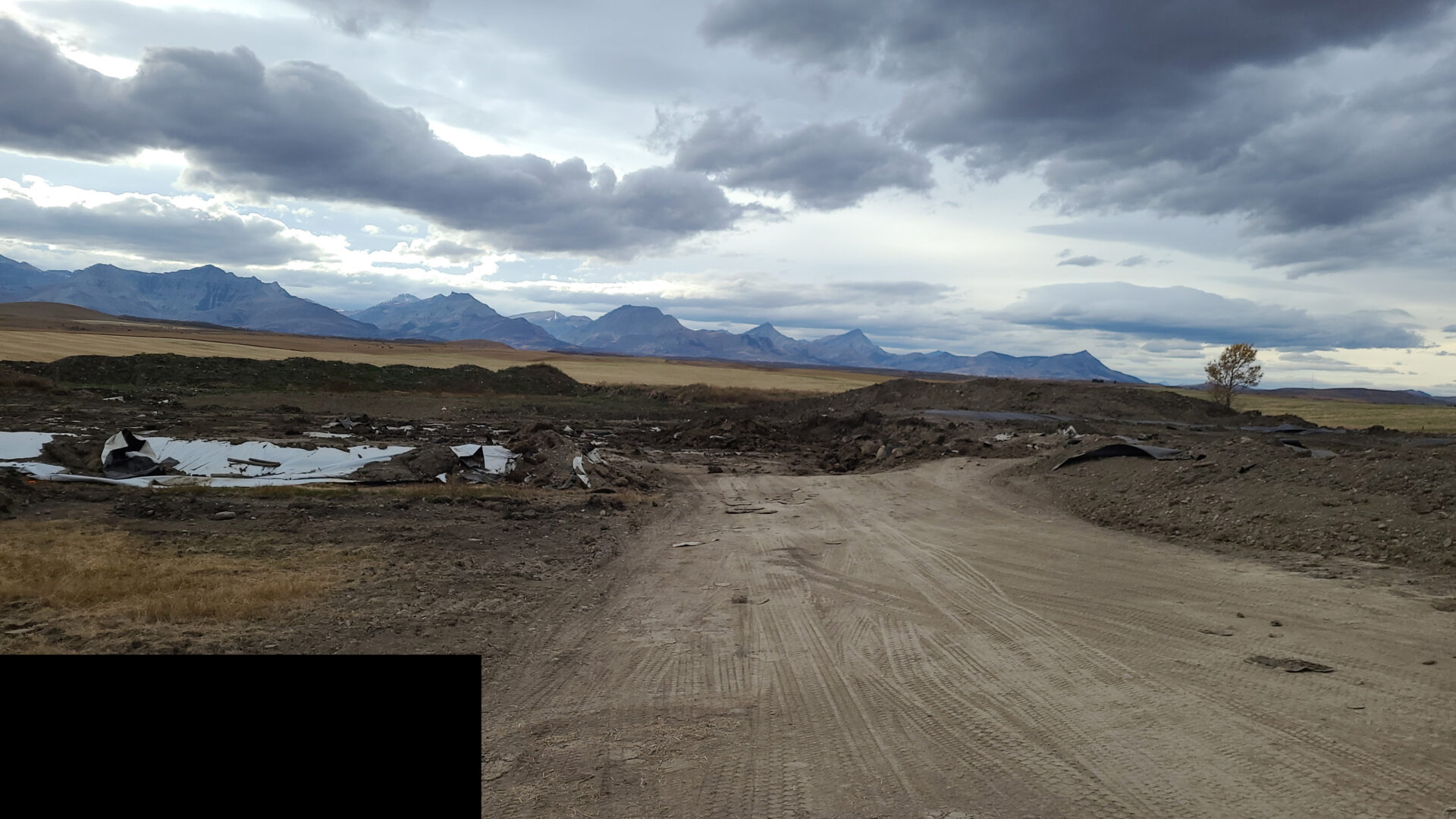Over the past few years, acquisition and divestitures in the oil & gas industry have become increasingly cumbersome for companies. With a heightened focus on liability by the Alberta Energy Regulator (AER) and industry, there are more instances for your transaction to hit a speed bump.
If the Liability Management Rating (LMR) of the transferee post-transaction is below 2.0, a deal will make its way through the AER’s discretionary approval process. It is important when negotiating a deal to understand the timing of this process and how a Statement of Concern could affect closing. Upon submitting a transaction for discretionary approval, the AER will simultaneously issue a public notification. The AER typically spends 35-45 days reviewing the application, while other companies and concerned stakeholders have 30 days to submit a Statement of Concern objecting to the transaction. If a third-party objection is submitted within the public notification period, the AER can take up to 90 days to review both the objection and the transacting company’s response to it.
Timing is pivotal when planning future development, operations and financing, and this process can add a whopping 120 days to a transaction. Companies can approach this dilemma in several ways: 1) close in good faith while the transfer is pending, 2) close in escrow, or 3) delay closing until the transfer receives approval. Proper legal counsel will walk you through the appropriate choice for any given situation.
After outstanding Statement of Concerns have been settled and the deal receives approval from the Regulator, the transaction closes, everyone high fives and heads to the bar. Unfortunately, even after a deal has closed, another hurdle can come up.
When it comes to third party notifications, traditional practice when a transaction closed was to simultaneously issue a Consent to Disposition notice and a Notice of Assignment to working interest partners in the assets. This practice was valued for its efficiency given the high volume of asset transfers companies engaged in. However, according to most industry standard land agreements, consent should be sought prior to assignment. It is worth recognizing that working interest partners can withhold consent (a practice becoming increasingly prevalent in this age of increased insolvencies). A negotiated solution is generally required, or the Vendor and its Purchaser could find themselves in an administratively complex situation if a working interest partner refuses to recognize the Purchaser under the governing Operating Procedure. This can affect vital business operations such as drilling new wells, taking in kind, and partner invoicing.
While consent cannot be unreasonably withheld, courts will eventually have to weigh in if partners cannot come to terms. A few bright lawyers have written at length about this issue and I would encourage everyone to delve further in to the potential legal ramifications of ignoring an objection raised under an Operating Procedure. Paul Negenman’s article titled “Why Can’t We Be Friends” in the recent Negotiator magazine is a great example: http://landman.ca/wp/wp-content/uploads/2018/10/November2018_negotiator-2.pdf
When liability is involved, a transaction can fall apart at numerous points along the way. With careful planning (and a lot of communication) a deal has the best chance of being successful. At 360 we believe in Making Growth Simple so you can focus on what matters. If you have further questions contact Lindy Couillard 403-869-5463 or lcouillard@360eec.com.

About the Author
Lindy Couillard, Vice President of Corporate Services
Lindy is an Energy Professional with over 17 years of progressive accomplishments in major asset exchanges, acquisition & divestitures, contract analysis and administration. She obtained a Bachelor of Commerce from the University of Calgary, majoring in Petroleum Land Management. After spending her career working for energy producers, she joined the 360 team in 2018 to support corporate development, strategic planning, and governance solutions. She utilizes her business acumen to recognize external and internal trends and loves watching team members succeed. Lindy and the Corporate Services team provide foundational business services to support 360’s growth and strive daily to nurture a fun and challenging culture.


























































